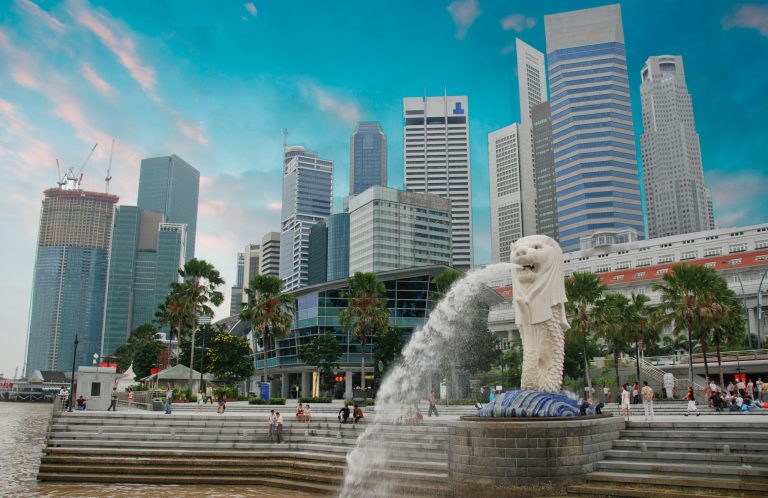Singapore’s central bank is set to keep its monetary policy unchanged in the upcoming review, as the country grapples with inflationary pressures and growth uncertainties.
The review is scheduled for next Monday, and analysts expect the central bank to resist easing measures for now.
Oil price hikes, driven by geopolitical tensions in the Middle East, and food prices affected by extreme weather conditions are key factors behind the cautious stance.
While inflation has eased from its peak, it remains above pre-pandemic levels, creating a complex environment for MAS to navigate.
Oil prices and food inflation weigh on policy decisions
Recent global events have resulted in rising oil prices, while adverse weather conditions continue to disrupt food supply chains.
In Singapore, inflation dropped from a high of 5.5% earlier this year but still remained at 2.7% in August.
Economists believe the MAS is unlikely to ease its policy in the near term, as inflationary pressures persist.
Denise Cheok, an economist at Moody’s Analytics, highlights that inflation may only ease significantly in 2025.
“We see a reduction of the slope of the Singapore dollar nominal effective exchange rate (S$NEER) policy band in the first half of 2025. A more drastic move to lower the mid-point of the band may be necessary if imported inflation continues to decline noticeably,” she noted.
GDP growth shows resilience but slows compared to 2022
While inflation remains a concern, Singapore’s GDP has demonstrated resilience, growing by 2.9% year-on-year in the second quarter of 2024.
This figure was stronger than economists initially expected, prompting some to revise their forecasts upward.
Nonetheless, growth has slowed from 2022’s robust performance of 3.8%, with the trade ministry adjusting its growth forecast for 2024 to a range of 2.0% to 3.0%.
Despite the economic slowdown, analysts believe Singapore’s economy is performing near its potential, suggesting little urgency for policy adjustments by the MAS.
“The economy has been performing close to its potential,” says Lee Yen Nee, a risk analyst at Fitch Solutions, adding that MAS has no immediate need to alter its policy.
Global central banks are easing, but Singapore holds steady
While many global central banks have begun to ease their monetary policies in response to slowing growth and easing inflation, Singapore is taking a more cautious approach.
The US Federal Reserve recently cut rates by half a percentage point, and the European Central Bank (ECB) is expected to announce its third rate cut this year.
With Singapore’s inflation still elevated and uncertainties surrounding global growth, the MAS is likely to maintain its current stance.
Economists believe that any significant policy changes from the MAS would be more likely in 2025, provided inflationary pressures subside.
Until then, the central bank is expected to continue monitoring the economic landscape while holding off on major adjustments to its monetary policy.
Core inflation forecast and future outlook
The MAS has projected core inflation to moderate to between 2.5% and 3.5% by the end of the year, a range that is still above the central bank’s comfort zone.
Core inflation is a critical metric for the MAS, as it excludes more volatile items like food and energy prices.
The moderation of inflation, however, is expected to be slow, and any easing of policy settings could be postponed until the central bank has clearer signs of stable inflation trends.
The post Singapore likely to maintain monetary policy as inflation risks persist appeared first on Invezz

